by Kate Bovarnick, Development Assistant
How can 14- and 15-year-olds come to grips with the tragedy and horror of genocide? How can they learn about human rights violations at such a massive scale, without either forgetting the individual human beings involved, or feeling powerless in the face of such an event? One answer to these big questions: Common Ground’s Africa course and the One Million Bones Project.
The One Million Bones Project began in 2009 as a tool to raise social awareness and understanding of the ongoing genocides and atrocities occurring globally. The project holds events, offers teachers curriculum, and encourages individuals to become involved with their cause by making bones to represent the millions of lives lost. For each bone made money is donated to support CARE, a leading global humanitarian organization, for their work in Somalia and the Democratic Public of Congo, just two of the several countries effected by the devastation of genocide.
Common Ground teacher Joan Foran heard about the project from a student’s parent and knew it was a good fit for Common Ground’s Africa course. Africa is a team-taught block class, offered this fall by Social Studies teacher Jason Pryor and English teacher Joan Foran Through the class, students have encountered everything from the cultural and geographic distinction between African nations, to the lasting legacy of colonialism, to child soldiers and blood diamonds.
Enter the One Million Bones Project. “The class already had a very good understanding of African history and culture, I thought this would bring another level of depth to what they were learning,” explained Foran. The project was introduced as the students were beginning the portion of the course that focuses on genocide, reading books on the subject and watching movies like Hotel Rwanda. One Million Bones allowed for a personal connection to the tragedies.
The clay bones that Ms. Foran’s students have molded and created will soon join millions of others at The National Mall on April 28th, as part of the Students Rebuild Challenge, an activity offered through the One Million Bones Project. The installment will help to draw attention to the millions of people who have suffered and are still suffering as the results of genocide. Two students decided to take the challenge to the next level. Max Breed and Nate Wilson, both sophomores at Common Ground, ventured into two separate communities to spread the word about One Million Bones. Breed introduced the project to the East Haven High School and Wilson joined Hemisphere, a weekly class organized by Yale University students. Both students are fulfilling the project’s purpose: to educate individuals and have those individuals educate their community, in hopes to bring about understanding and change to what’s happening everyday all around us.
When asked this past week about the impact of the projects, students raised their hands eagerly. “One Million Bones taught me a lot,” answered a student. “It taught me to be an ‘up-stander,’ to not sit back and let wrong things happen. It’s so important to be aware of what’s going on in the world.” The students and Ms. Foran have created 107 bones and counting, but as one student put it, “The bones are just one step in responding to what’s happened to thousands of people.”
To learn more about the One Million Bones Project and how you can get involved visit their website.

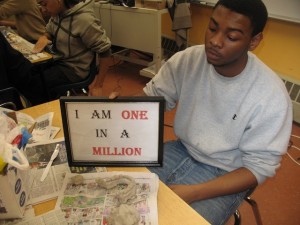
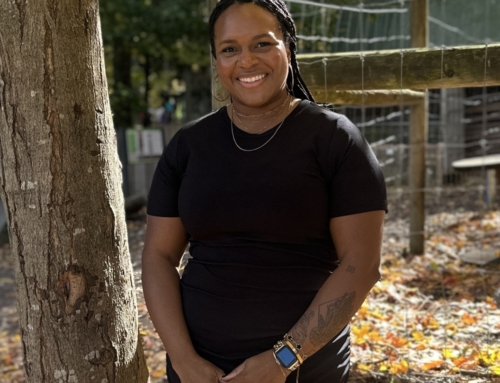
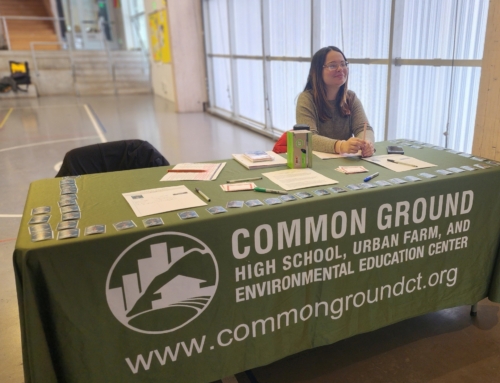
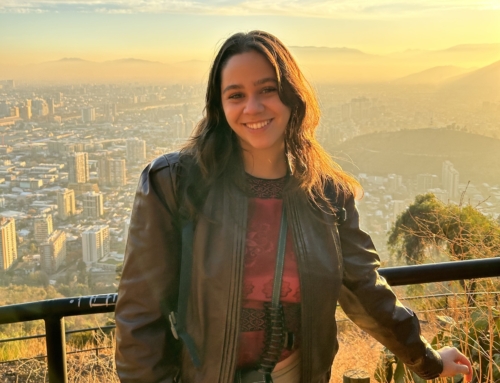
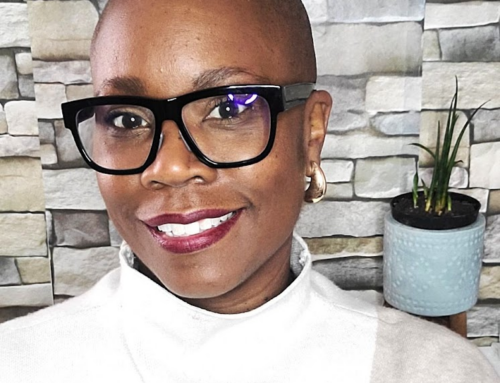
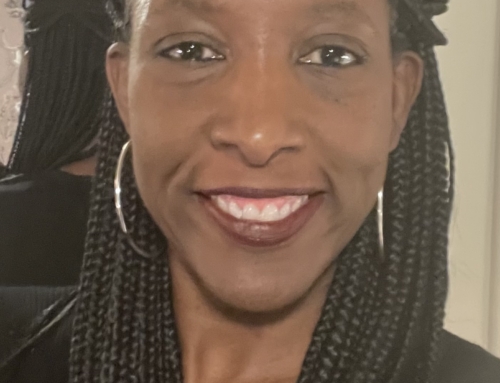
Leave A Comment